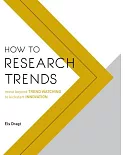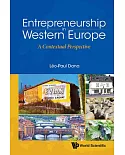"Contemporary capitalistic systems have been undergoing profound transformations determined by the transition towards the so-called knowledge based economy, i.e. a competitive system based on
the capabilities firms have to create, use and circulate knowledge. These transformations concern both the characteristics of productive and innovative processes, and the resources used in
these activities. This book captures these changes, where traditional R&D investments undertaken internally by firms are increasingly and strategically complemented by external sources of
innovation and new knowledge. Collaborations between firms, and between firms and other organizations, as well as the mobility of human capital, are strategic processes in order to share and
circulate knowledge and competencies. They are also key determinants in the creation of new knowledge and innovation, and ultimately in growth dynamics. The circulation and distribution of
knowledge is now a key input in the production of knowledge. Knowledgeand innovation are understood as the result of collective and interactive processes at the system level, and less at the
micro level. In other words, new knowledge production is less and less the result of individualistic behaviours of the firms and muchmore the effect of explicit and pro-active interactions and
transactions put in place by local networks of innovators. In this perspective, economic space is much more defined by the quality of the interactions among actors rather than by their mere
technological, sectoral or geographical proximity. This book brings together new conceptual and empirical contributions and blends the analysis of the technological and geographical spaces in
which innovation and knowledge are produced"--





















